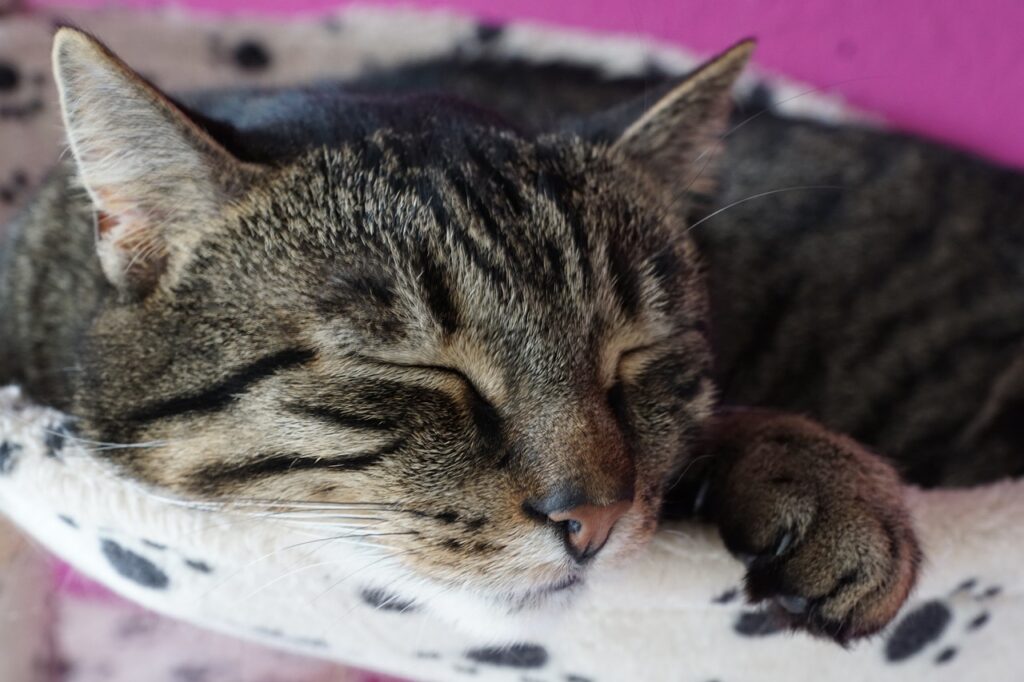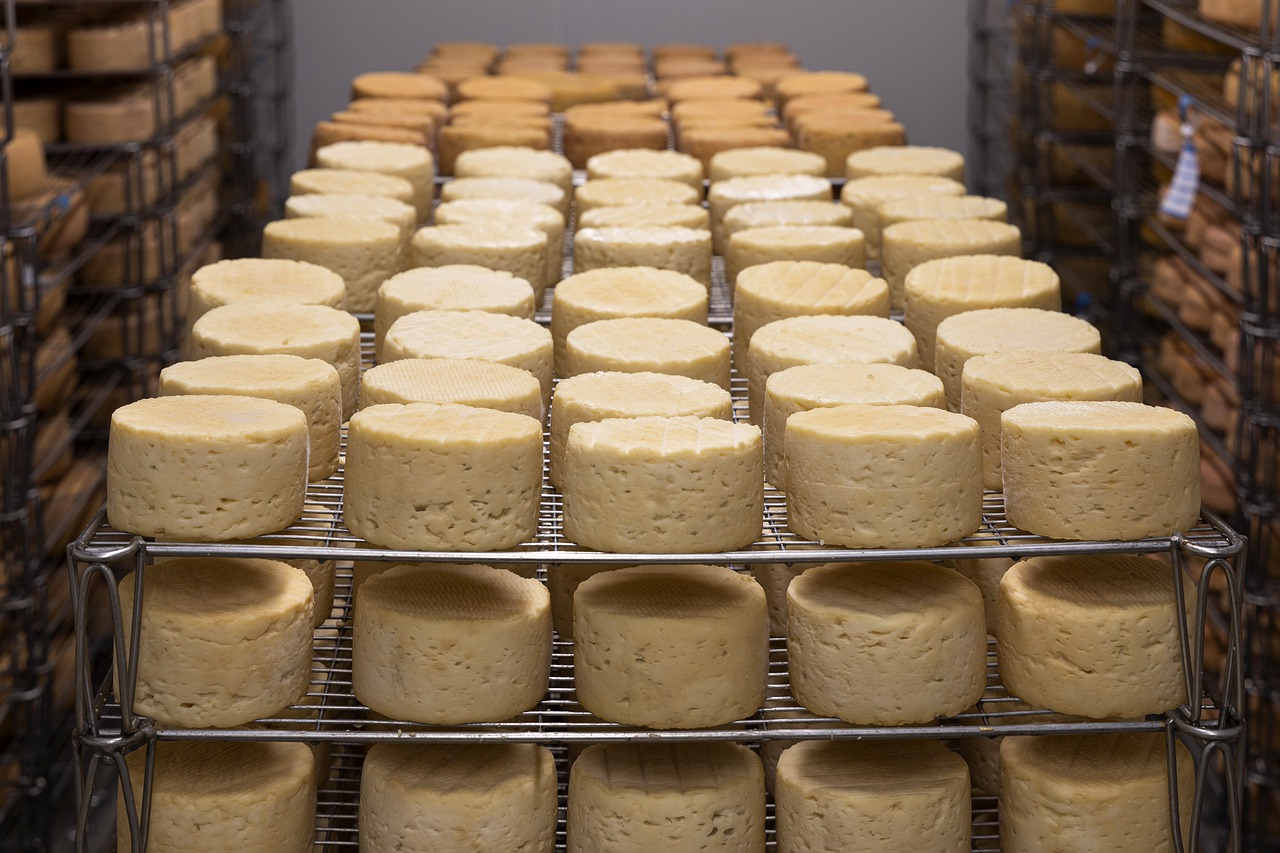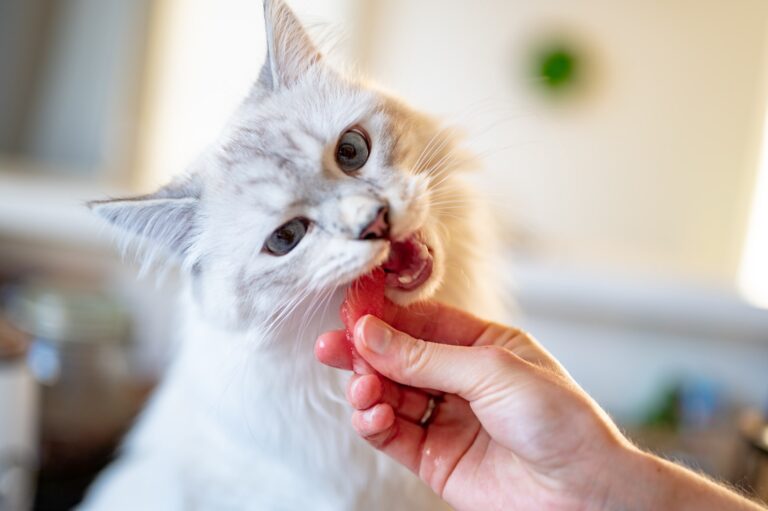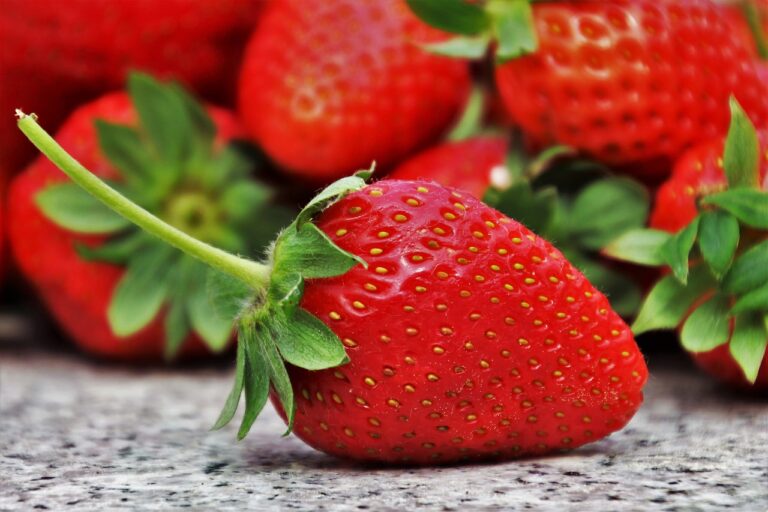Can Cats Eat Cheese? Is Cheese Safe For Cats?
Cheese is liked and consumed by people all around the world. Can cats eat cheese? Is this popular snack healthy for your feline friend?
In this blog, we will learn can cats eat cheese and will look at some considerations of feeding cheese to your cats. So, let’s get started!
Is cheese safe for cats?
The answer is yes, cats can eat cheese, but only in moderation. However, if your cat is lactose intolerant, even a small amount of cheese could wreak havoc on their digestive system.
Generally, cheese is unnecessary for your cat, and you should avoid feeding it to them if possible. At most, cats should only eat small pieces of cheese once in a long while.
Will cheese hurt cats? Can cats eat cheese?
Cheese is not a natural part of a cat’s diet. These obligate carnivores can only get essential nutrients from meat. There’s no need to go out of your way to get your cat to eat cheese.
- Most cats are lactose-intolerant and don’t tolerate dairy very well. Their digestive system cannot process dairy foods, and the result can be digestive upset. Some cats can even experience severe vomiting and diarrhea if they ingest dairy products.
- Obesity in cats is a common condition. Cheese has a high fat content, and cats who consume cheese can easily pack on the pounds. So, this can drastically reduce their life expectancy.
- Many varieties of cheese are high in salt. Too much salt can cause increased thirst and abnormal urination in cats. Excessive salt over a long time can lead to hypertension, kidney problems, and more health issues. If your cat has a health condition, such as heart or kidney disease and needs a low-sodium diet, cheese is not a good option.
- Cheese is a popular human food that can be way too high in calories. 1-ounce cube of cheddar cheese to a 10-pound cat is equal to a person eating two and a half cheeseburgers, all at once.
Cheese can easily be replaced with feline-friendly snacks that won’t cause intestinal issues. Excessive amounts of cheese can damage the cat’s digestive system. If your kitty eats a huge chunk of cheese, you should talk to the vet.
If your cat shows any signs of stomach upsets, you should take your kitty immediately to the vet and get them checked.
Why do cats love cheese?
Most cats love cheese and it’s no surprise. Cats can smell the fat and protein in dairy products and will be attracted by it. There can be a lot of both fat and protein in cheese that makes them interested in adding it to the menu. So, it’s the protein and fat your cat is actually craving, not the cheese itself.
Can cats eat cheese? What cheese is safe for cats?
If you do sneak your cat a cheesy treat, certain varieties may be better than others:
- Cheddar: Cheddar is a semi-hard cheese that doesn’t contain much lactose. It is fine for cats in small amounts.
- Swiss: Swiss cheese has low amounts of lactose, but it can still lead to digestive issues.
- Mozzarella: Mozzarella cheese, raw or cooked, poses health hazards for cats because they are high in lactose.
- Non-dairy cheese: Non-dairy cheese is no better for cats than the regular dairy kind. It is still high in both fat and salt, neither of which is good nutrition for your cat.
- Blue cheese: Blue cheese is made with cultures of the mold Penicillium, which can be toxic to cats.
- Feta: Feta cheese may be lower in lactose than other cheeses, but you should still avoid feeding it to your cat. It’s high in both salt and fat.
- Goat’s cheese: Goat’s cheese may be low in lactose, but you should still avoid feeding it to your cat as it’s calorific, high in salt and very high in saturated fat.

Can kittens eat cheese?
When kittens are born, they drink their mother’s milk. During the nursing period, kittens’ bodies manufacture lactase in amounts sufficient to digest the dairy makeup of their mom’s milk.
So, kittens can process lactose better than adult cats. However, you should also avoid feeding cheese to your kitten regularly.
Can cats eat cheese? How to feed cheese to cats?
Taking everything into consideration, here’s what you should keep in mind when feeding cheese to your feline buddy:
- Cut a portion of cheese into bite-sized pieces so that it’ll be easy to chew and swallow.
- Check the label on the package to see how many calories the cheese contains and adjust the serving size. Remember, cheese should not comprise more than 10% of your cat’s daily caloric intake.
- Your cat’s digestive system is not built to handle intense flavors and seasonings. So, be sure to check the label for potentially harmful ingredients, like garlic, before serving the cheese to your cat.
- If you want to introduce cheese to your cat’s diet, it’s a good idea to start slowly to see how your cat’s stomach reacts. If they show signs of digestive distress, like diarrhea or vomiting, stop feeding the cat cheese and call your vet.
Always consult your vet before giving a cat new human food. Your vet can help you calculate how much to feed your pet based on their weight, age, and nutritional needs.
Can cats eat pizza?
Eating a bit of cooked pizza crust is most likely harmless for your cat. But you should never allow your cat to eat raw dough, as the yeast can cause a deadly expansion and create alcohol in the stomach.
You should avoid feeding pizza to your cat. It’s usually topped with mozzarella, which is high in fat, plus the doughy base is very high in carbohydrates. Chances are, your cat won’t be very interested in either plain pizza crust or raw dough anyway.
Can cats eat mac and cheese?
Mac and cheese is high in fat and carbohydrates. As an obligate carnivore, your cat can get all the nutrients they need from a vet-approved meat-based diet. It’s best to avoid feeding cheese sauces and other forms of cooked cheese to your cat.
Can cats eat cheesecake?
To stay on the safe side, avoid feeding cheesecake to your cat. Cheesecake is high in fat, lactose and sugar. Also, chocolate, coffee, or sugar-free varieties may even be poisonous.
What foods should cats avoid?
Today many pet parents are cooking the food themselves for their kitties. This way, they know exactly what goes into their cat’s diets. The reality is that some foods are toxic for cats to eat. As a responsible pet parent, you must be aware of which food is safe or toxic for your cat.
Here’s a list of some foods that that you never should feed your cats:
- Chocolate
- Ground coffee
- Alcoholic drinks
- Foods containing artificial sweeteners and Xylitol
- Chewing gum
- Grapes and raisins
- Onions
- Garlic
- Yeast dough
- High sodium foods
Also read, can cats eat strawberries?
If your cat has eaten something it should not have, contact your vet.
Can cats eat cheese ~ final thoughts
It is important to understand that as a pet parent, you are responsible for the health and wellbeing of your cat. You must ensure to satisfy their tastes safely. Moreover, it’s best to substitute extra unhealthy snacks with extra love!

It is undeniable that your feline buddy will enjoy the taste of cheese, just like us. So, the key is to offer cheese to your cat in moderation. If you do feed your cat cheese, only give it to them once in a while and in small amounts.
Does your cat enjoy a bite of your cheese? Feel free to share your thoughts. We would be happy to hear from you!
Also read: Can dogs eat watermelon?




